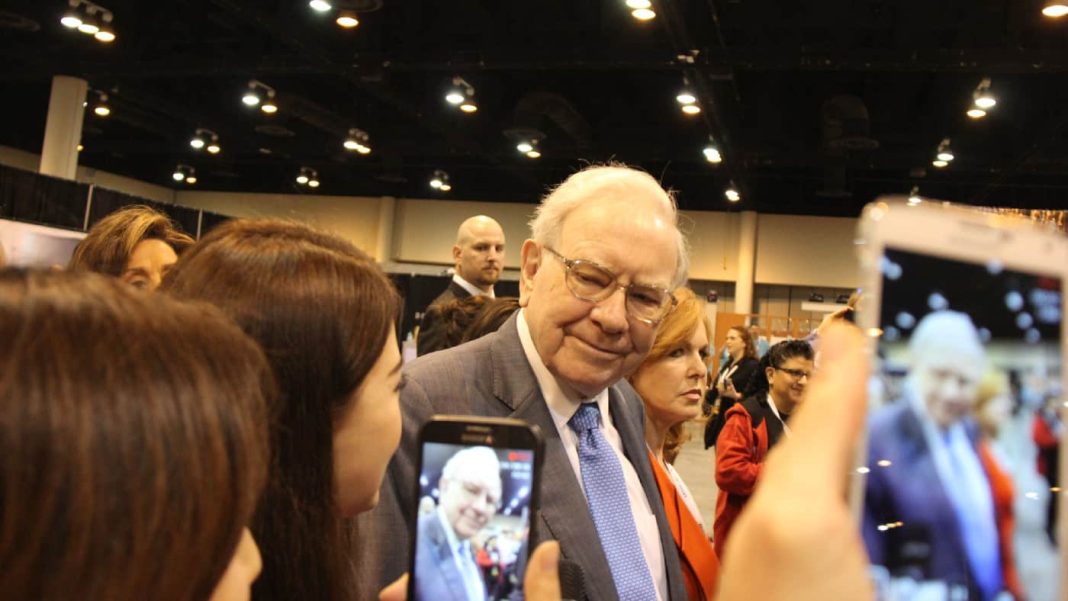Image source: The Motley Fool
The idea of building wealth can seem like a bad joke without any savings to invest. But lots of successful investors have started from scratch by putting aside a small amount regularly to buy their first shares. Indeed that is how billionaire investor Warren Buffett got his start in the stock market.
If I had no investments or even savings, I would follow Buffett’s “number one rule” to try and build wealth.
Getting ready to start investing
First things first. With no savings, how could I invest at all?
My answer would be to start drip feeding money into an investment account I could then use to buy shares. How much I put in would depend on my own financial circumstances.
Different accounts suit different people, so I would spend time looking at different share-dealing accounts and Stocks and Shares ISAs to find one I felt seemed right for me.
What’s Buffett’s number one rule?
Buffett has shared a lot of ideas publicly over the years. One of those talks about two rules of investing. Rule one is “never lose money” and rule two is “never forget rule one”.
At first glance, that might sound trite. But actually I think it is a very powerful mental model for investors at all levels.
Buffett is not actually saying never lose money – that is always a risk when buying shares. He has made big losses on some investments.
I think the point of his first rule is to take risk management seriously and focus on high-quality investment opportunities where the risks seem relatively minor and more than compensated for by the potential rewards of investing.
Why I find this helpful
When people start investing it can be tempting to try and make up for lost time and limited funds by investing in small companies that could be massively rewarding if they do well.
There is a logic to that. But in many cases this can be closer to speculation than investment.
As an example, consider Ceres Power. If it can successfully commercialise its solid state battery technology in the right way, the business could boom – and so might the shares.
But the risks look substantial to me. Competitors could beat Ceres to commercialisation, for example. Ceres shares have lost more than a fifth of their value over the past five years.
By contrast, consider a company Buffett tried to buy in its entirety a few years back, namely Unilever (LSE: ULVR). With demand for household goods from shampoo to soap likely to remain high for decades to come, this is a potentially lucrative area in which to operate.
Unilever sets itself apart from competitors, thanks to its unique product formulations, premium branding and a substantial distribution network. Those enable it to charge premium prices and turn a handy profit.
That does not mean I might not lose money buying Unilever shares. No share is risk-free. Unilever shares have fallen 13% in the past five years and the company faces risks such as ingredient inflation hurting profit margins.
Over the long run though, I am upbeat that Unilever will do well. Buffett tries not to lose money by mostly sticking to large, proven, blue-chip businesses with a competitive advantage. That approach has earned him those billions.


